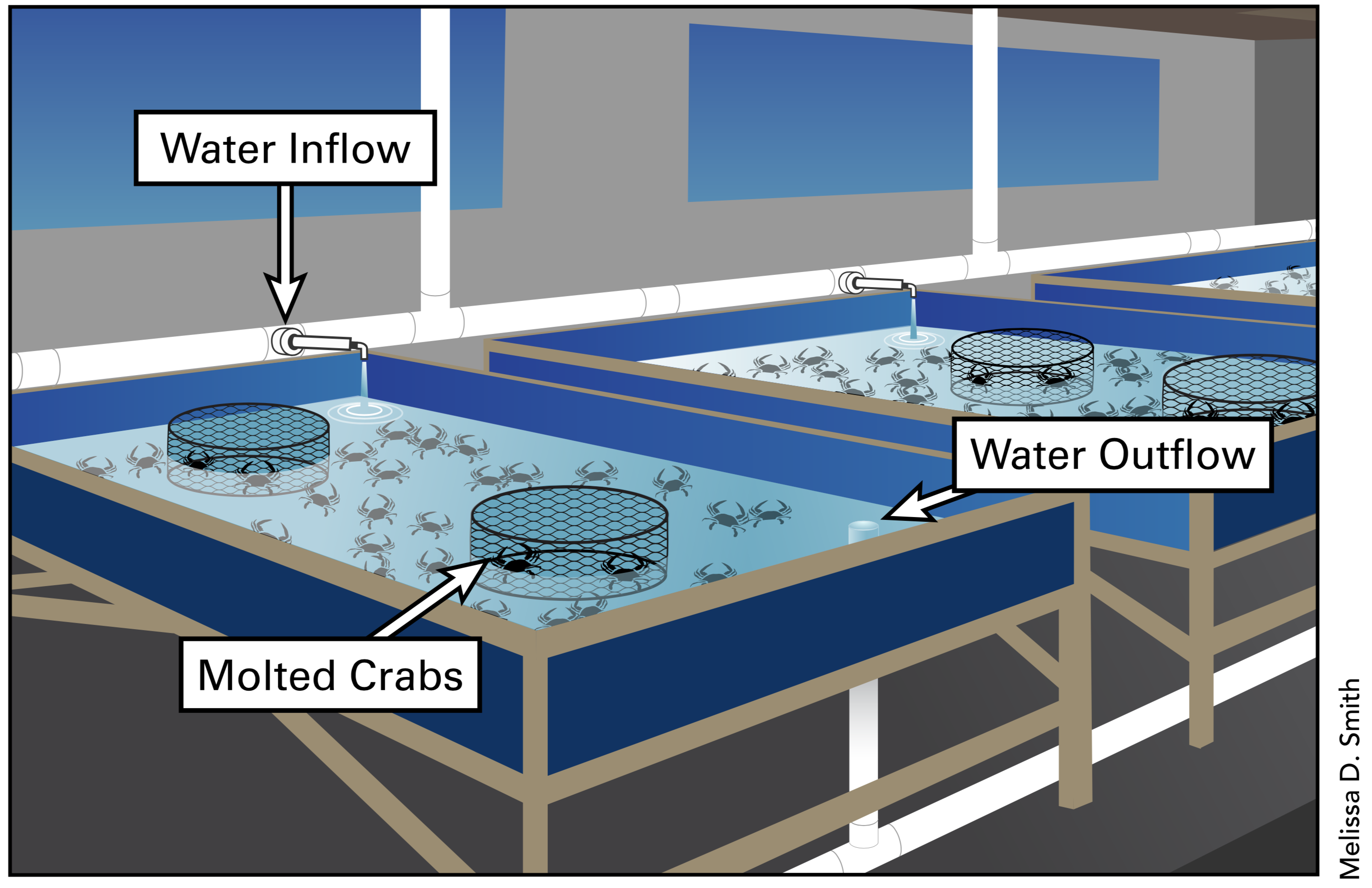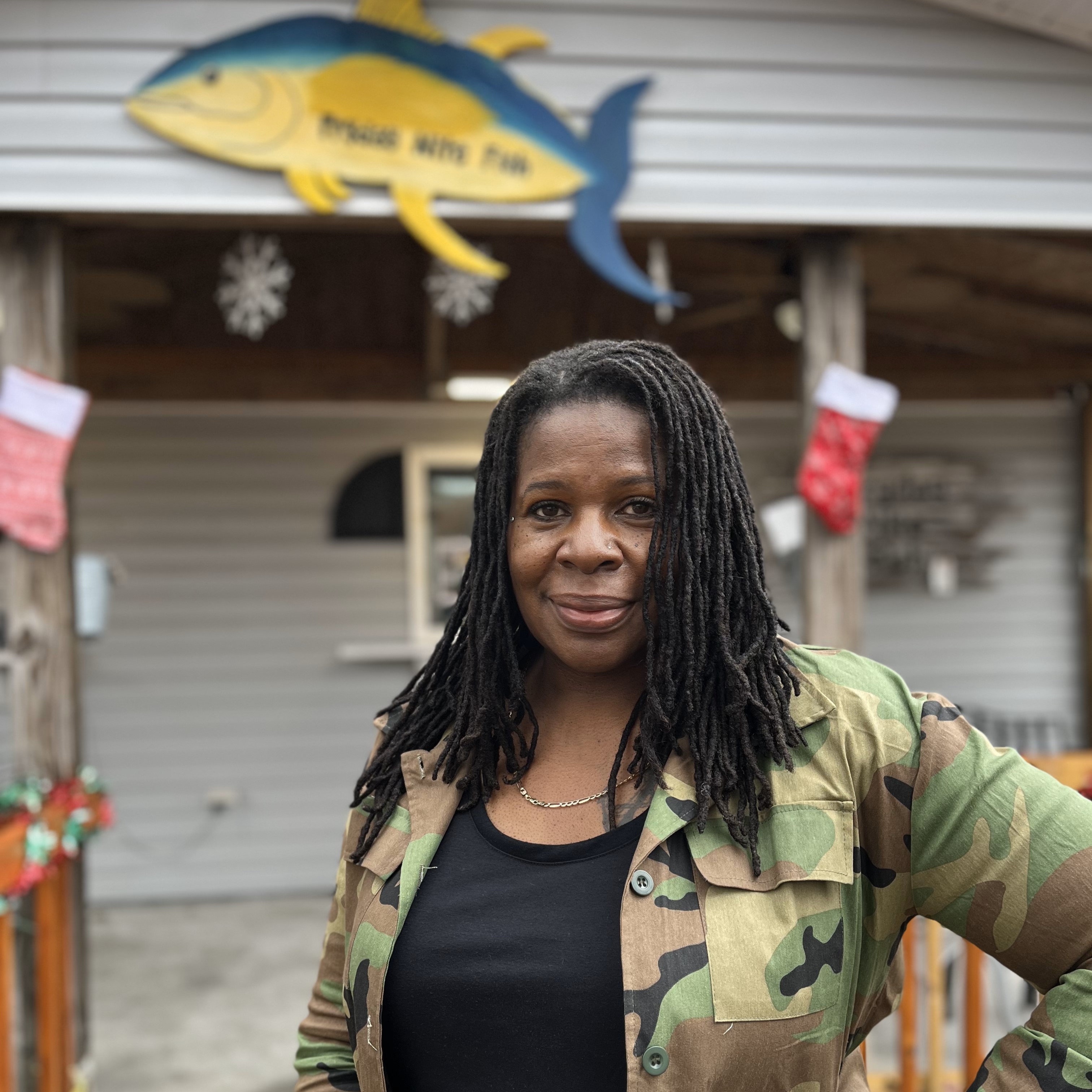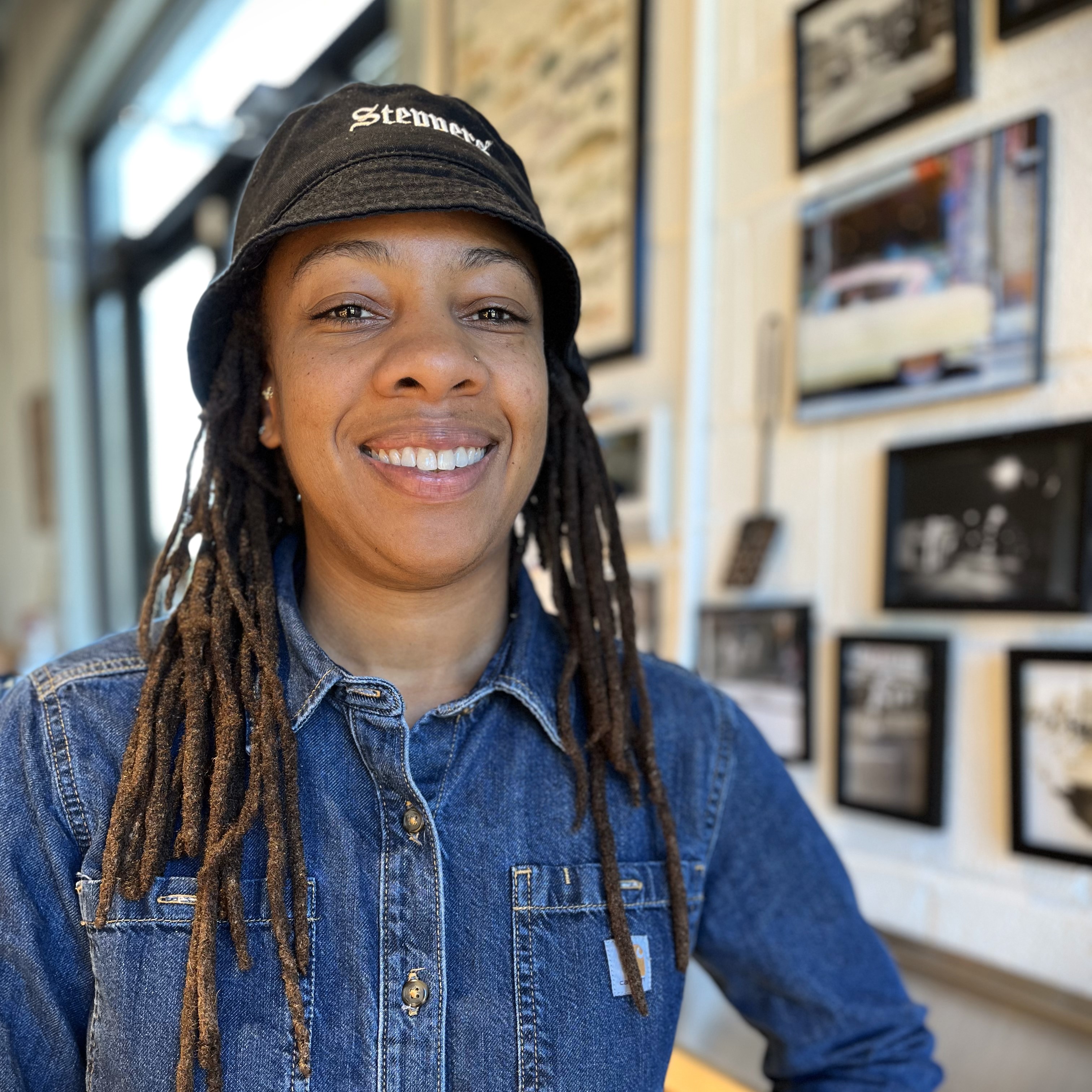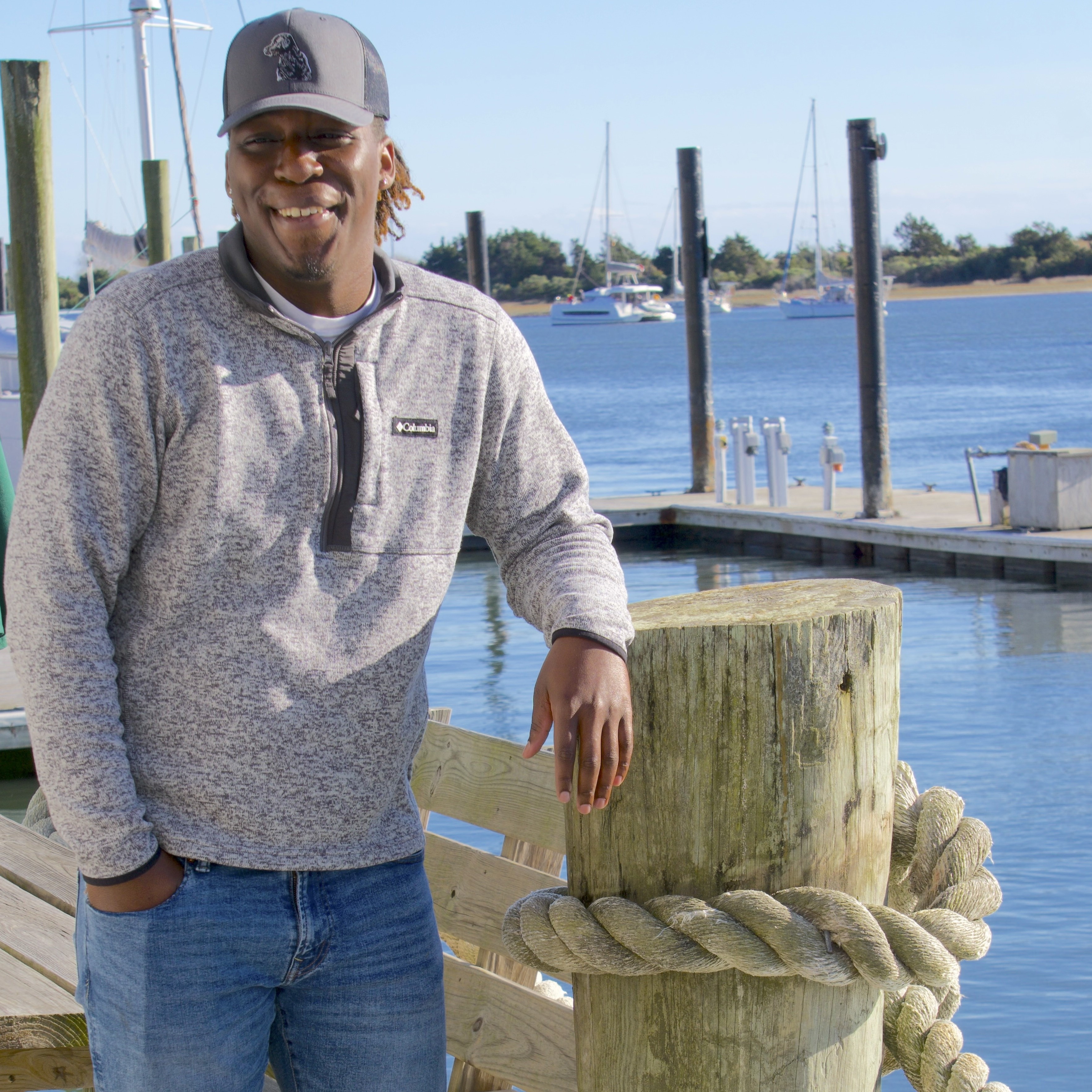"Lessons in Mariculture" launches for high schoolers

By Dave Shaw
NC Sea Grant News Release
Marine aquaculture, or “mariculture,” is a growing industry in North Carolina — one that offers many career avenues. To help acquaint students with the field, North Carolina Sea Grant is offering Lessons in Mariculture, an online suite of free lesson plans for high school science classrooms, as well as courses in career and technical education.
“The range of information presented in these lesson plans makes them well suited for ninth-grade biology, Advanced Placement environmental science and even agricultural education, among other courses,” says North Carolina Sea Grant coastal economist Jane Harrison, who led the project.
Harrison says she and her team designed Lessons in Mariculture to provide a career pathway. Teachers have been integral in developing and testing the lessons, which are aligned with state standards.
“I especially like the lessons that require the students to put themselves in the mindset of an aquaculture producer,” Harrison says. “For example, if they were to grow oysters in coastal waters, what are the required water quality conditions?”
Each resource progressively builds off knowledge gained through earlier lessons, but teachers also can pick and choose to suit their curriculum. In addition, Lessons in Mariculture come ready-made and are easy to use, with a wide array of resources and materials: videos, worksheets, hands-on activities, discussion questions, interviews with mariculture producers, classroom presentations and more.
The lesson-planning team included high school science teacher Amy Sauls, Sea Grant marine education specialist Terri Kirby Hathaway, Sea Grant science writer Julie Leibach, former Sea Grant marine aquaculture specialist Chuck Weirich, science illustrator Melissa Smith, and graphic designer Kathy McKee, as well as other teachers who pioneered the plans in their classes.
“We really appreciate the team of middle school and high school teachers that helped develop and field-test the lessons,” Hathaway says. “We’re looking for more teachers to pilot the lessons in their classrooms and help us improve these activities.”
Hathaway will be sharing Lessons in Mariculture at the SciREN Triangle Networking Event on Thursday, Sept. 26, from 5:30 to 8:30 p.m., at the North Carolina Museum of Natural Sciences in Raleigh.
The lesson plans are available here: go.ncsu.edu/mariculture-lessons
If you’re interested in providing feedback on the lessons, email Terri Hathaway at terri_hathaway@ncsu.edu.
Image: soft-shell crab recirculating aquaculture system, by Melissa D. Smith, from Lesson 5: Aquaculture Production Methods and Policy.
For complete article with links click here





